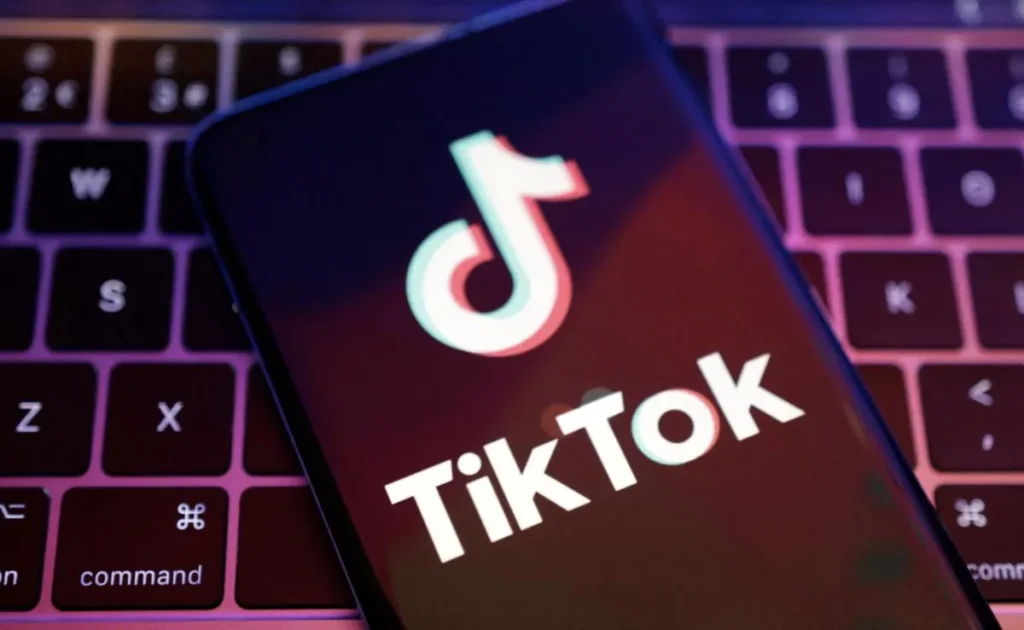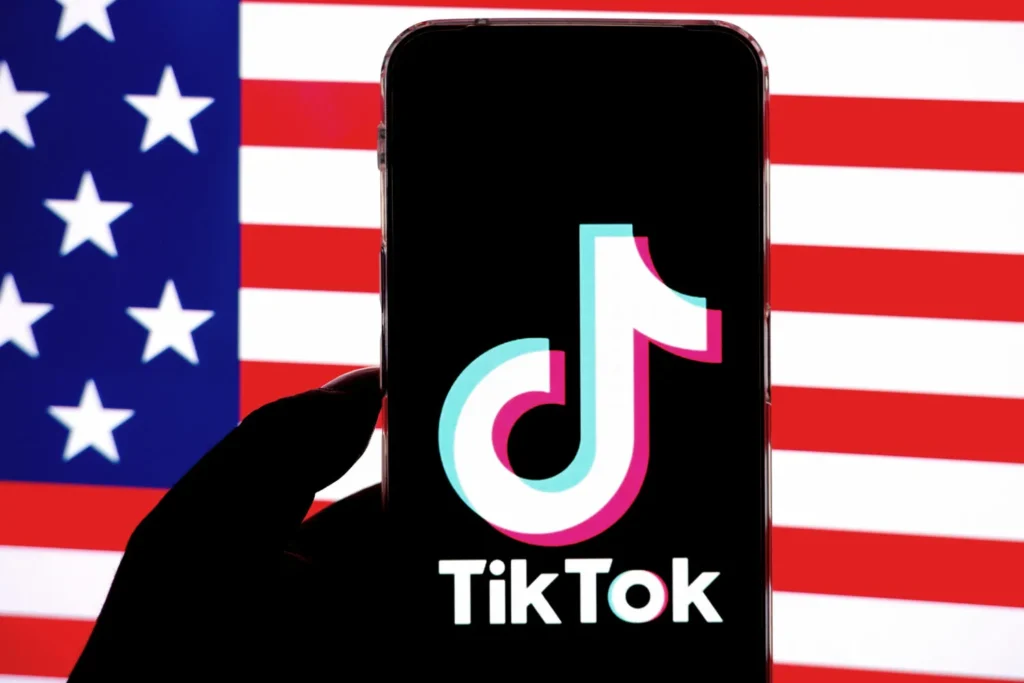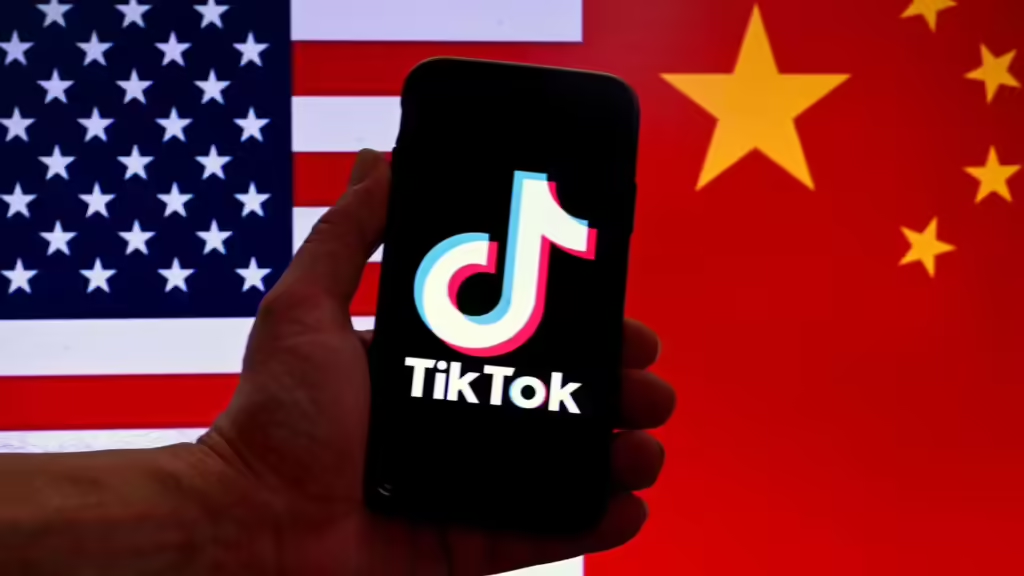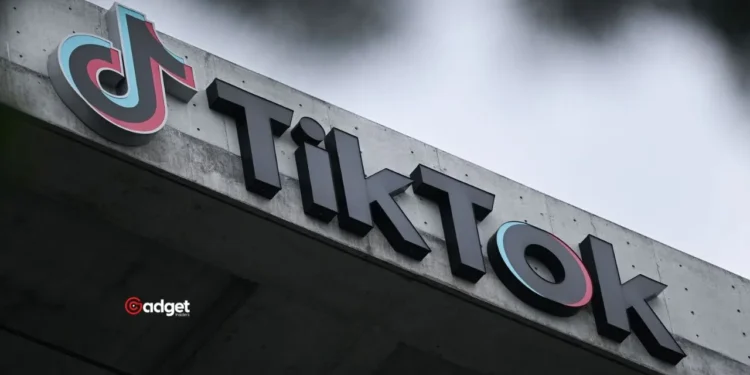The recent passage of the Protecting Americans from Foreign Adversary Controlled Applications Act has cast a shadow of uncertainty over TikTok’s future in the United States. This groundbreaking legislation, signed into law by President Joe Biden on April 24, 2024, sets a stark nine-month deadline for TikTok to secure a U.S. buyer or face a potential shutdown. Lawmakers argue that this drastic measure aims to shield Americans from misinformation and protect personal data from potential exploitation by the Chinese government.

A Brief Introduction to TikTok’s Influence and Ownership
TikTok, a household name in digital entertainment, is renowned for its diverse content that spans hilarious pet antics, vibrant dance routines, and insightful tutorials. Owned by Beijing-based ByteDance, TikTok is not only a platform for creativity but also a significant business enterprise, contributing substantially to ByteDance’s estimated $215 billion valuation. Despite its Chinese roots, TikTok operates its headquarters out of Los Angeles and Singapore, reflecting its global presence and the complex geopolitical web it navigates.

The Cultural and Economic Impact of TikTok in America
TikTok’s integration into American culture is profound, with over 170 million users in the U.S. engaging with the app. It has evolved beyond a mere entertainment platform, becoming a vital tool for more than seven million small businesses and a primary news source for a significant segment of Generation Z. The platform’s potential ban has sparked widespread concern among its vast user base, culminating in a robust online petition to halt the ban, evidencing the platform’s embedded role in everyday American life.

The Historical Context and Evolution of Short-Form Video Platforms
Tracing back the lineage of short-form video content, Platform’s predecessors like Vine and Musical.ly paved the way for this format’s popularity. ByteDance’s strategic acquisition of Musical.ly in 2017 was a pivotal move that led to the creation of this platform, which rapidly ascended to global prominence. By merging innovative features such as the ‘duet’ function and a highly personalized algorithm, Social Media Platform has redefined user engagement and content discovery through its “For You” page.
The Controversial Aspects of TikTok’s Operation
Despite its popularity, Social Media Platform has been at the center of several controversies, particularly concerning user safety and data privacy. The platform’s algorithm, while highly effective at user engagement, has also been scrutinized for potential risks associated with promoting harmful content. High-profile incidents, including the tragic outcome of the “blackout challenge,” have led to serious legal repercussions and intensified the debate over the safety of such platforms.
Global Reactions and Regulatory Measures Against TikTok
The United States is not alone in its cautious stance towards Social Media Platform. Other nations, including India, Australia, and Canada, have imposed various restrictions or bans, citing security and privacy concerns. These actions reflect a growing global apprehension about the influence of technology companies in public life and national security.
Prospective Buyers and the Future of TikTok’s U.S. Operations
As the deadline for divestiture approaches, speculation abounds regarding potential buyers for its U.S. operations. High-profile figures and corporations from Steve Mnuchin to Microsoft have been mentioned as possible bidders. The outcome of these negotiations could redefine the landscape of social media and digital commerce in the U.S., with TikTok’s proprietary algorithm being a particularly valuable asset in any sale.
In conclusion, Social Media Platform’s journey underscores the intricate interplay between technology, politics, and culture. As stakeholders from various sectors watch closely, the future of TikTok will likely involve complex legal battles and significant business negotiations, which will continue to shape the digital domain for years to come.










